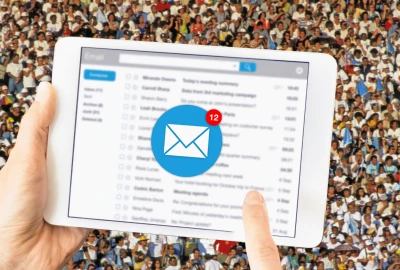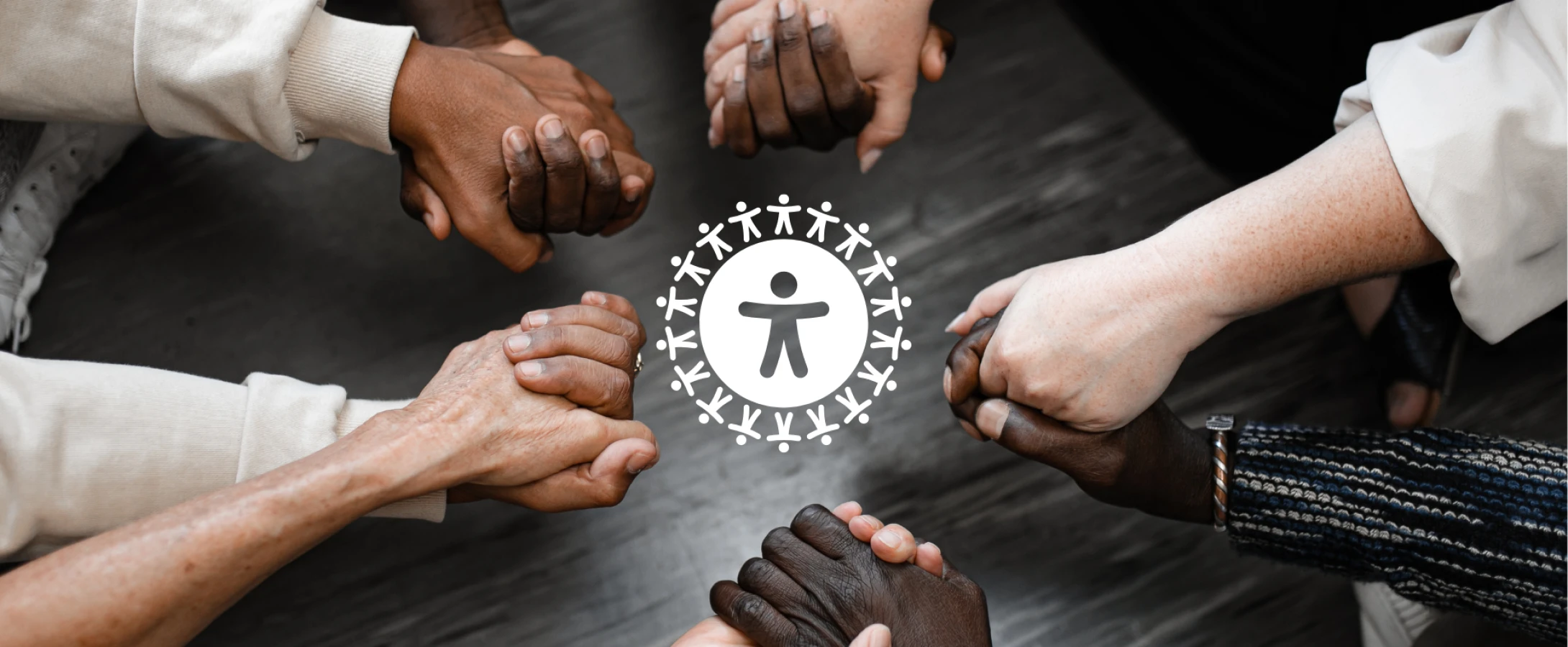
Digital Marketing




We recently did a presentation for one of our non-profit clients explaining what accessibility is and why it's an important element in serving our community. You may watch the presentation in the link above to get a basic overview about accessibility and why it's especially important for non-profit organizations.
Accessibility means designing and building websites that everyone can use. Non-profit organizations often serve aging or impoverished communities, and disabled individuals are impacted more by poverty, isolation and lack of access to critical resources. A website designed for everyone shows that your organization cares about inclusion at every level, extending your mission to serve.
Since people with disabilities are disproportionately affected by poverty, your non-profit website may be one of their key lifelines to access resources, support or information.
Accessibility isn’t only for people with disabilities. Features like closed captions, clear color contrast, and descriptive image text (alt text) help a wide range of users:
Even search engines reward accessible websites, meaning accessibility improvements can also improve your SEO.
One big misconception about accessibility is that it means sacrificing creativity. In reality, accessible design often leads to cleaner, clearer websites. Non-profits can maintain their brand identity while making small adjustments such as tweaking font sizes or increasing color contrast that make a huge difference.
Accessibility doesn’t mean boring, it means user friendly.
Under the Americans with Disabilities Act (ADA), courts are increasingly treating websites as “public spaces.” That means nonprofit organizations, just like schools or government agencies, are responsible for ensuring equal access online. This topic is discussed in more detail on our blog post about why ADA Compliance Matters for Your Website.
Website accessibility is not something that can be achieved once and then ignored. It's an ongoing process. We recommend that you demonstrate an ongoing commitment to creating an inclusive website by
These actions strengthen trust within your community and help protect your organization from legal risks.
Accessibility is at the heart of what non-profits do: breaking down barriers, increasing inclusion, and serving everyone in the community. It’s not just a legal requirement, it’s an opportunity to make your mission stronger and your message reach farther.
We move fast, think bold and craft marketing that owns the spotlight, because your brand deserves nothing less than extraordinary.
Got an Idea? Let’s Chat!